Wilderness First Responder
School of Emergency Medicine
Wilderness First Responder (WFR) is recognized as the industry standard for those who work as backcountry trip leaders, camp counselors, mountain guides, river guides, and ski patrollers. This 72-hour course is perfect for anyone working in a position of leadership in an outdoor setting or for individuals who want a high level of wilderness medical training for extended personal backcountry trips or expedition.
Through the Biology of Spirit, our proprietary curriculum, we incorporate a biological understanding of the nervous system’s intuitive and emotional workings and the importance of living a heart centered approach to life.
The curriculum covers standards of care for urban situations with additional protocols for remote situations. Special topics include, but are not limited to: CPR considerations (when not to start and when to stop), wilderness wound and burn management, clearing patients of spine and head trauma, athletic injuries, realigning fractures and dislocations, improvised splinting techniques, patient monitoring and long-term management problems, up-to-date information on all environmental emergencies, common simple medical problems, plus advice on drug therapies. Emphasis is placed on prevention and decision-making.
Certifications: Upon completion include: Stonehearth Open Learning Opportunities (SOLO) Wilderness First Responder and American Heart Association (AHA) Healthcare Provider CPR.
Recertification: A WFR-R course must be completed every three years to maintain a valid WFR certification in addition to maintaining a valid CPR certification.
Upcoming WFR Courses
| Date | Course |
|---|---|
| May 28 - Jun 6, 2024 | Wilderness First Responder + BLS CPR |
RECERTIFICATION
The WFR recertification course must be taken prior to expiration of ones current WFR. Students must pass a written exam and provide proof of current CPR. Students who have taken a full in-person WFR from other organizations may recertify WFR with JHOLI/SOLO. It is strongly recommended that after two re-certifications (9 years) that WFR students take the 72-hour WFR course again.
There are many situations that may preclude people from taking this course and receiving certification as a Wilderness First Responder. SOLO and JHOLI regret that, unfortunately, not all circumstances can be adequately compensated for with regards to safety and training for certification. Therefore we must (for the SAFETY of all concerned, students and future patients) request that you complete all required forms, assuring competence to participate in this course.
